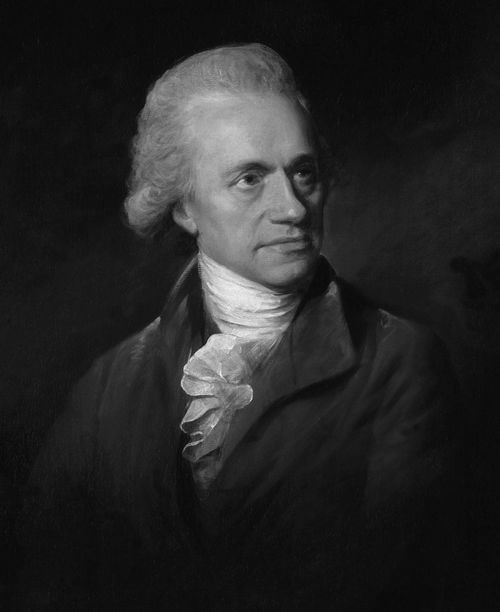
Photo Attribution: Lemuel Francis Abbott, Public domain, via Wikimedia Commons
William Herschel
This example has been viewed 574x times
Summary
Rodden Rating
Analysis for William Herschel
Biography
Frederick William Herschel[2][3] KH, FRS (/ˈhɜːrʃəl/;[4] German: Friedrich Wilhelm Herschel; 15 November 1738 – 25 August 1822) was a German-British[5] astronomer and composer. He frequently collaborated with his younger sister and fellow astronomer Caroline Herschel. Born in the Electorate of Hanover, William Herschel followed his father into the military band of Hanover, before emigrating to Great Britain in 1757 at the age of nineteen.
Herschel constructed his first large telescope in 1774, after which he spent nine years carrying out sky surveys to investigate double stars. Herschel published catalogues of nebulae in 1802 (2,500 objects) and in 1820 (5,000 objects). The resolving power of the Herschel telescopes revealed that many objects called nebulae in the Messier catalogue were actually clusters of stars. On 13 March 1781 while making observations he made note of a new object in the constellation of Gemini. This would, after several weeks of verification and consultation with other astronomers, be confirmed to be a new planet, eventually given the name of Uranus. This was the first planet to be discovered since antiquity, and Herschel became famous overnight. As a result of this discovery, George III appointed him Court Astronomer. He was elected a Fellow of the Royal Society and grants were provided for the construction of new telescopes.
Herschel pioneered the use of astronomical spectrophotometry, using prisms and temperature measuring equipment to measure the wavelength distribution of stellar spectra. In the course of these investigations, Herschel discovered infrared radiation.[6] Other work included an improved determination of the rotation period of Mars,[7] the discovery that the Martian polar caps vary seasonally, the discovery of Titania and Oberon (moons of Uranus) and Enceladus and Mimas (moons of Saturn). Herschel was made a Knight of the Royal Guelphic Order in 1816. He was the first President of the Royal Astronomical Society when it was founded in 1820. He died in August 1822, and his work was continued by his only son, John Herschel.
Source: https://en.wikipedia.org/wiki/William_Herschel
Raw Data
Horoscope Data
Comments
Natal Data
1738-11-15 Unknown Time GMT
52° 22′ 33.2″ N 9° 43′ 55.2″ E
30 Hanover, Germany
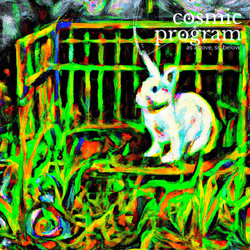




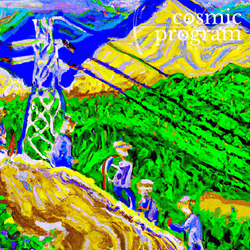

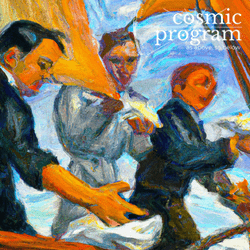

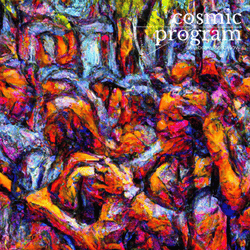


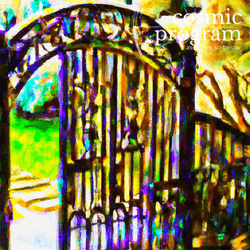



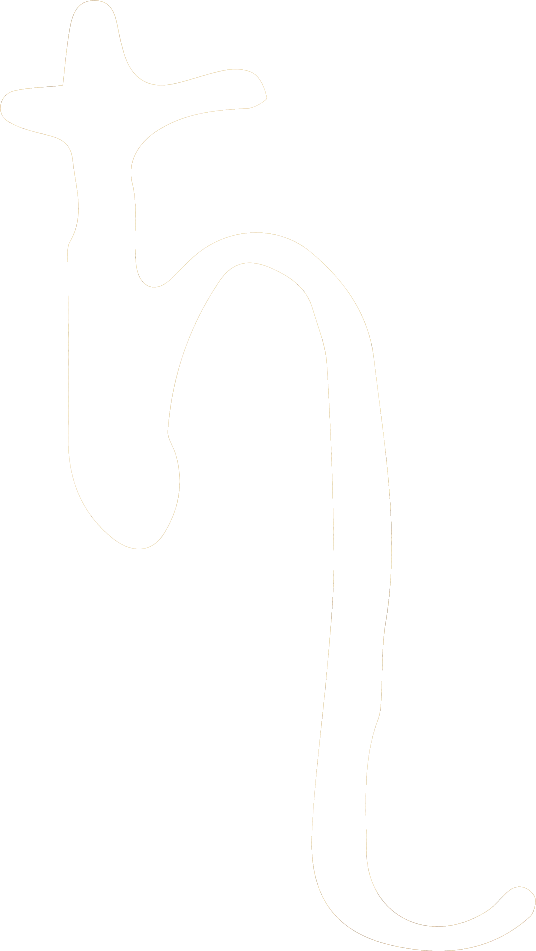

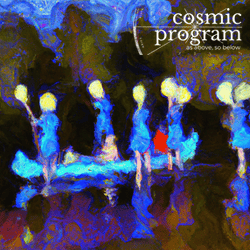

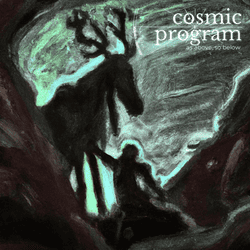

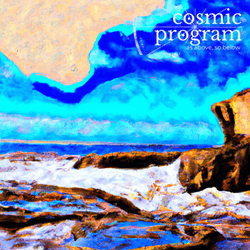

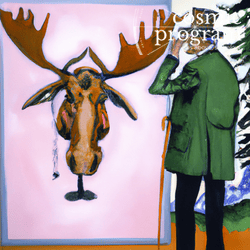
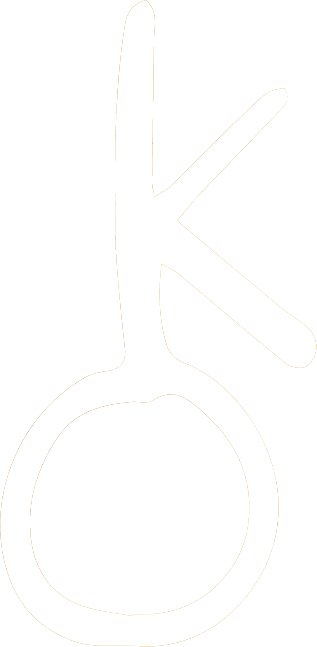

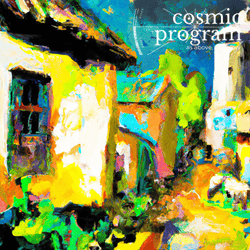




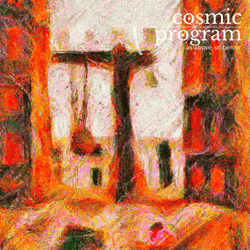

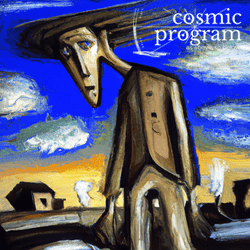

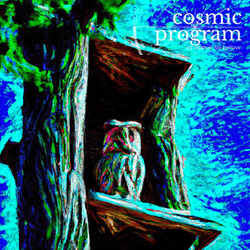


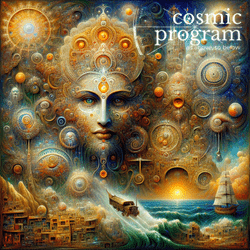
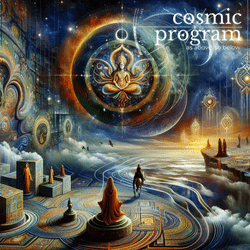
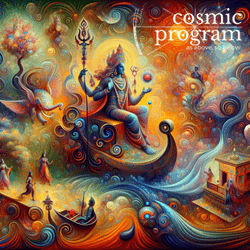
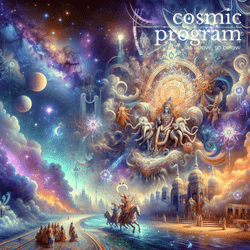
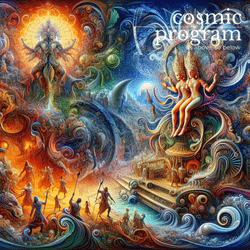
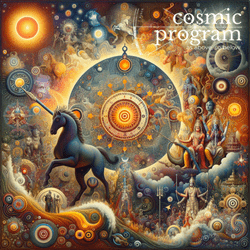
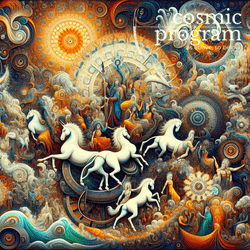
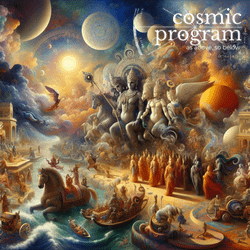
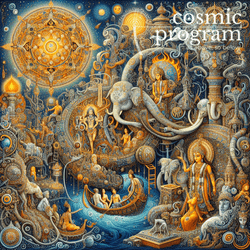
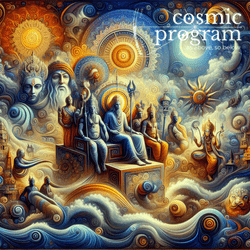
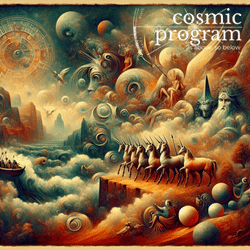

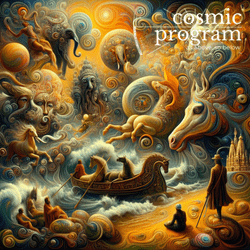

.jpg?bossToken=06f420d89d7b0bd0820b899d5be7b50a57be8db51ffdbe081249eeec33b3afe2)
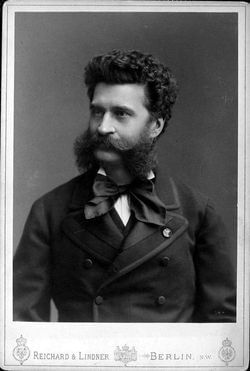
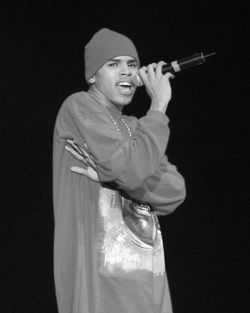
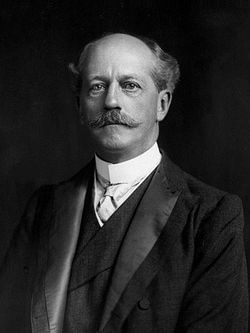
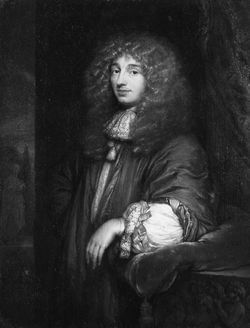
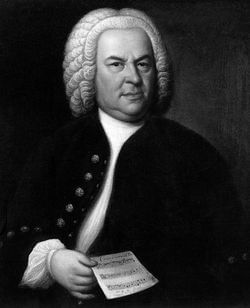
_03.jpg?bossToken=3b96efd5dc678c2731170fae8477af24d2f0e98104e3e5a80d47b6df0122e5b1)




